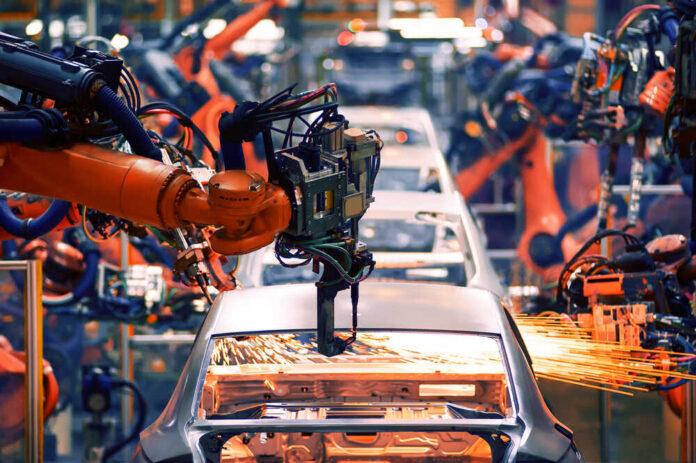(PatriotWise.com) — A shortage of necessary metals could upset the government’s plans to expand the use of electric cars in America. The Biden administration wants 50% of new vehicles to be electricity-run by 2030, but obtaining the raw materials needed for production is now high on the list of car makers’ concerns. The materials needed to manufacture engines for electric vehicles (EV) include lithium, cobalt, and nickel. The value of lithium consumption has surged in recent years from $3 billion in 2020 to $35 billion in 2022.
Tesla Inc., Ford Motor Co., and Mercedes-Benz Group AG all had representatives at the BMO Global Metals & Mining Conference in Florida earlier this year. Car company executives were meeting to discuss securing supplies of metal as the EV market is projected to explode. Competition is rising as companies battle to secure supply contracts and new methods of financing supplies are being explored. Industry insiders say the rise in demand is driving up costs and this is likely to continue in the years ahead. Demand for nickel, for example, is expected to increase 14 times from now until 2030.
The US does not have a sufficient home-grown supply of the materials and so will largely rely on imports. China is the world’s top refiner of the required raw materials and controls 80% of capacity. Sourcing from China could be strained by political matters as the relationship between the US and the communist state cools. Australia however is an enormous producer of lithium and nickel, as is Brazil. Sweden is increasing its nickel mining capacity and Argentina is also expanding its capabilities.
General Motors has said it will stop producing petroleum-fueled cars by 2030. While the market is set to explode, some people who have tried EVs are reverting back to gasoline. In California, a study found that 20% of EV owners had switched back – mostly citing the inconveniently long time it takes to charge an EV battery.
Copyright 2023, PatriotWise.com






























